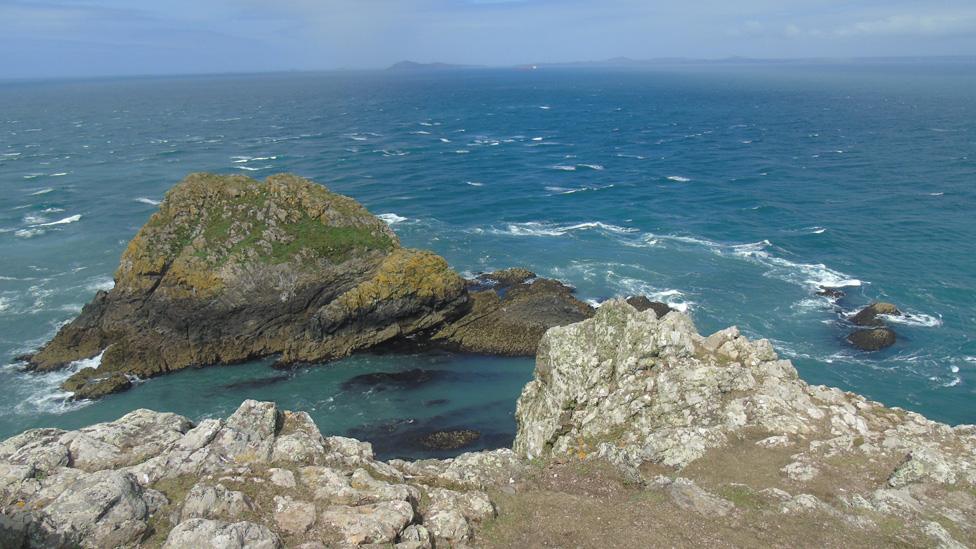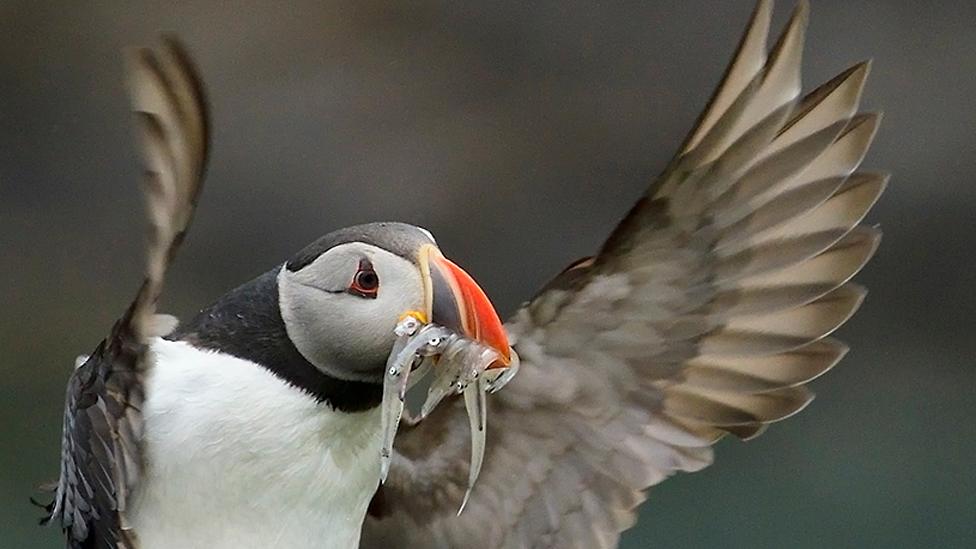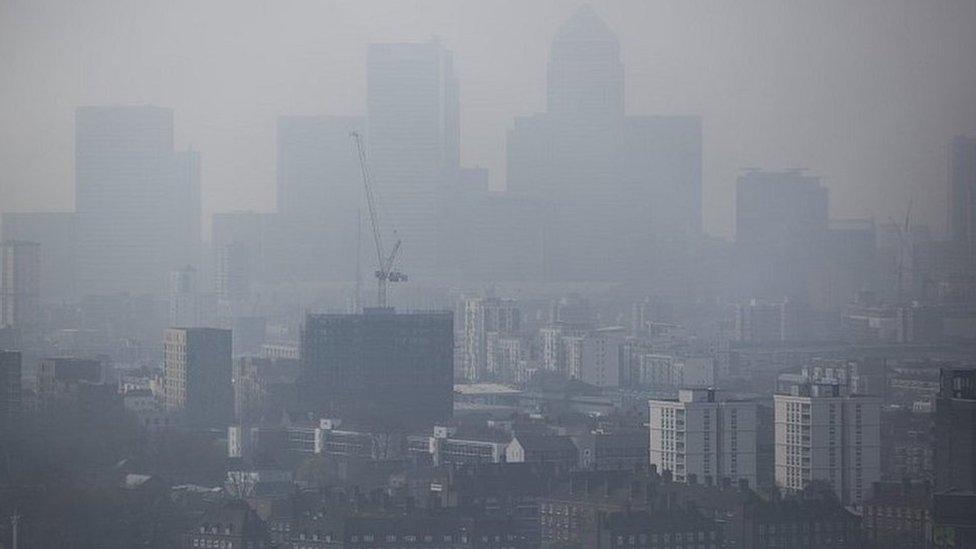Brexit: Wales sets out environment protection plans
- Published

Puffins on Skomer Island, off the Pembrokeshire coast - a protected area
Action to ensure protection of wildlife and the environment is not lost after Brexit has been unveiled by the Welsh Government.
It said it was committed to maintaining and enhancing existing standards.
But a 12-week consultation , externalwill ask how potential breaches of environmental law should be investigated in future.
Nature groups have warned that time is running out to get these safeguards in place.
Already in England, Environment Secretary Michael Gove has announced proposals for a new independent body - known as the Office for Environmental Protection.
But his Welsh counterpart Lesley Griffiths is not convinced this approach is necessary - believing Wales is already at a "very different" starting position than the rest of the UK and the framework here is already more aligned to the EU anyway.
She believes the plans for England are "not compatible" with Wales' devolution powers or its existing legislation.
After Brexit, environmental laws will no longer be overseen by the EU or the European Court of Justice.
In recent years, European institutions have examined issues ranging from agricultural pollution in rivers, threats to the harbour porpoise and emissions of toxic gases at Aberthaw coal-fired power station.
The Welsh Government points out that the Future Generations Commissioner - responsible for ensuring the environment is at the forefront of decision-making - will have an important role.
But some gaps will need to be addressed - with one priority dealing with environmental damage, including the "polluter pays" principle. The Welsh Government also said that work was "ongoing" to develop necessary legislation.
Writing to the assembly's climate change and environment committee last month, Ms Griffiths said with the prospect of a "catastrophic no deal outcome looming", the priority was to ensure workable laws were in place to provide stability and maintain environmental standards.
Conservation group WWF Cymru has already warned that "the rug will be pulled out from our existing environmental protections".
But the Welsh Government insists that existing environmental standards will continue to apply from exit day.
The consultation - which will run until 9 June - seeks views on filling the gaps left by the EU.
Ms Griffiths said there would also be instances where it would be important that all four UK nations collaborate.
She said it was a complex issue which deserved careful attention.
"As a government, we are determined to ensure there is no drop in these environmental standards and we will continue to improve environmental regulation once the UK leaves the European Union," she said.

Analysis from Steffan Messenger, BBC Wales environment correspondent
When it comes to environmental law, the EU has amassed more of it than anywhere else in the world.
So the standards that protect things like our water quality and wildlife are often tied up with it.
The Welsh Government says its first priority has been making sure that the protections currently in place all still apply when we leave, and that nothing is lost.
Furthermore, it argues that "ground-breaking" Welsh laws like the Wellbeing of Future Generations Act mean some key environmental principles are already embraced here - more so than across the rest of the UK.
Nature charities claim there is still a risk the environment won't be as well protected in future, without fresh legislation.
But the bigger problem is what to do about governance: how to hold ministers or public bodies to account if they're doing a bad job or even breaking environmental law.
At the moment anyone can complain for free to the European Commission, which can then investigate and force governments to act.
After Brexit - is it enough to beef up the role of existing environmental champions like the Future Generations Commissioner or do we need a Welsh equivalent of England's proposed Office for Environmental Protection? Does it make more sense to take a UK-wide approach?
These questions are being asked over the 12-week consultation period - and who knows where we will be with Brexit by then?
- Published20 February 2019

- Published20 December 2018

- Published30 October 2018

- Published9 November 2018
